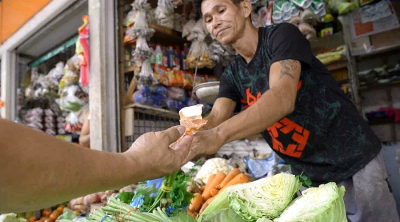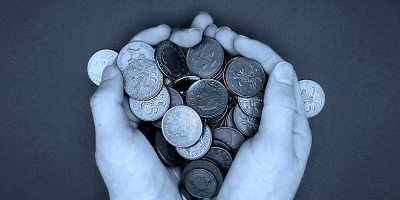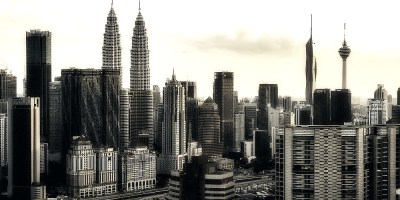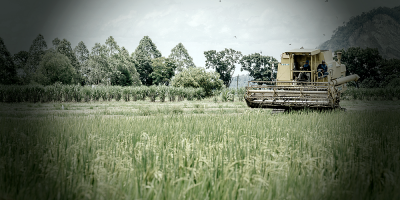As we are fretting over the chicken issue, few realize that the much more critical food crisis has quietly arrived.
The weekly cabinet meeting originally scheduled for Wednesday was brought forward to Monday, said to be discussing the urgent issues of food shortage and rising inflation in the country.
However, in reality the rescheduling was more to make way for PM Ismail Sabri’s Japan trip.
Anyway, this doesn’t matter now. What we are more concerned about is what conclusion was achieved in that meeting.
By right with a bunch of people sitting around the meeting table we should be able to come up with some great solutions to tame the runaway inflation, ways to tackle the global food crisis and optimize our agricultural policy in a bid to boost our food production. But in the end, most of the time was spent talking just about — “chicken”.
As a result, the meeting concluded that chicken export would be banned from next month and the strategy to fix the ceiling price for chicken would remain unchanged.
For the following two days, big shots in government departments and political parties have started to target their firepower specifically at poultry farmers in the country for cutting production in an attempt to control the price.
Suddenly, the entire country’s gossips have evolved around nothing but the chicken.
Well, if there’s no chicken, why can’t we eat beef, mutton or seafood instead?
As we are fretting over the chicken issue, few realize that the much more critical food crisis has quietly arrived.
Firstly, Russia’s invasion of Ukraine has triggered an annual supply shortfall of 779 million tons of wheat, enough to feed half the world’s population. By the way, both Russia and Ukraine are among the world’s top five wheat exporters.
Secondly, the FAO has predicted the planet’s most serious food crisis since the end of the second world war. India has, for instance, announced to halt its 10 million ton wheat export for domestic consumption.
Thirdly, due to climate change and Russia’s halted fertilizer exports, food production is projected to plummet this year. If the issue is not serious enough, Brazil would not have taken the risk of being sanctioned by importing large quantities of chemical fertilizers from Russia.
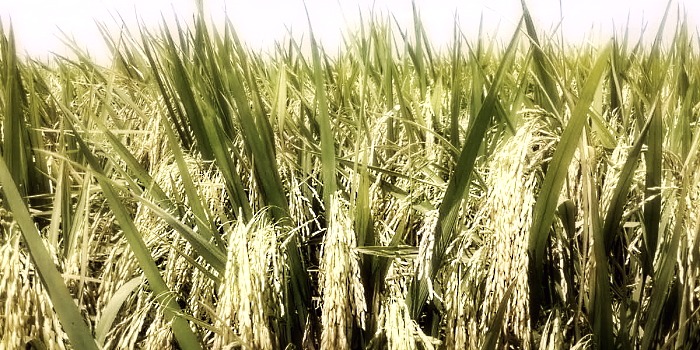
The global food crisis will likely last for another year or two. As for Malaysia, which relies on imports for 35% of its food supply, are we quite prepared for such eventuality?
We understand that Bernas is responsible for the country’s rice imports, and that we have certain amounts of strategic grain reserve.
The thing is, the food crisis this time round is not anything we should trifle with. Before global food prices rise uncontrollably, perhaps we should increase our strategic grain reserve to 50% or higher in anticipation of the worst to come.
We can’t expect our consumers to spend rationally. The moment we hear that sugar, cooking oil, rice or salt are in short supply, many will flock to supermarkets and start hoarding these essentials.
They more they buy, the more they get panicked, and the more they get panicked, the more they will buy. That’s when things really get out of hand!
We import our rice predominantly from Thailand (60%) and Vietnam (33%). To spread the risk, perhaps we should also look at countries like China and Indonesia for alternative sources.
The government’s near-term strategy should be to make prior preparations for food supply. As for long-term policy, we must boost our rice production by means of expanding the area under rice cultivation and improving on the quality of soil as well as rice variants.
Currently only 12% of our agricultural land or approximately 600,000 hectares is used for rice cultivation, and the output is only sufficient to meet 65% of domestic needs.
We would like to make the following proposals on the issue of rice supply in the country.
Firstly, increase the area for rice cultivation and encourage rice cultivation by providing subsidies to farmers instead of planting only oil palm for big money. We need to seriously diversify our agricultural sector!
Secondly, increase the productivity. China produces 6 to 7 tons of rice for every hectare of land under rice cultivation, while Taiwan produces 5 to 6.5 tons. As for Malaysia, we only manage 3.2 tons per hectare.
When the production is poor, few will have the incentive to grow rice, as they will rather go for more economically rewarding cash crops.
While we cannot expect our own experts to develop new rice variants, we can at least learn from the successful examples elsewhere.
If we can do just that, our rice production should be able to double. Not only will we produce enough to feed our people, we may even have 30% of surplus rice for export!
ADVERTISEMENT
ADVERTISEMENT







